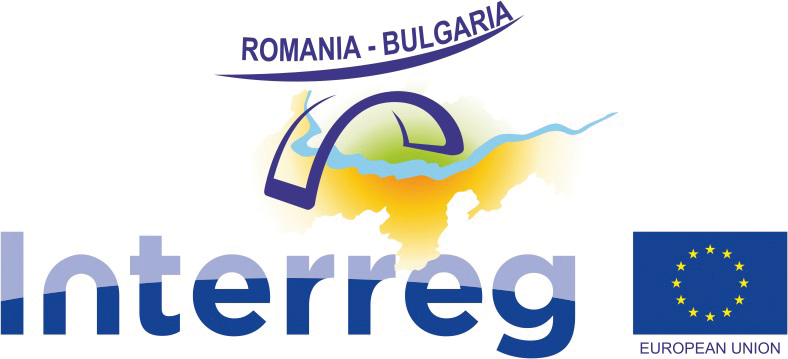The cycle of training under the project “The Living Human Treasures of the Cross-Border Region”, code of the project ROBG – 581, financed by the Interreg V-A Romania-Bulgaria Program, co-financed by the European Regional Development Fund and the national budgets of the Republic of Romania and the Republic of Bulgaria has completed. The aim of the project is to develop a huge resource that the Vidin-Dolj cross-border region has – a rich and unique intangible cultural heritage. It will also help to preserve traditions by highlighting the care of people – the “living human treasures” that embody them and will be encouraged to continue to refine their knowledge and skills and pass on to others generations.
A total of 6 trainings were conducted within the project, involving nearly 200 participants. They became acquainted with the UNESCO Living Human Treasures system, how it is regulated in Bulgaria and Romania, and what criteria should be met by those wishing to be included in national lists. In addition, participants gained new knowledge and developed skills related to how to best represent their abilities and how to use them as a tourist resource. With the support of experts, the participants in the trainings developed a tourist route called “The Living Human Treasures of the Vidin-Dolj Cross-border Region”, which will be presented at the two festivals which will be organized at the end of June. The festival will take place in Vidin from 21 to 23 June and in Cetate, Romania from 28 to 30 June. interreg_logo.





 Visits: 11319
Visits: 11319